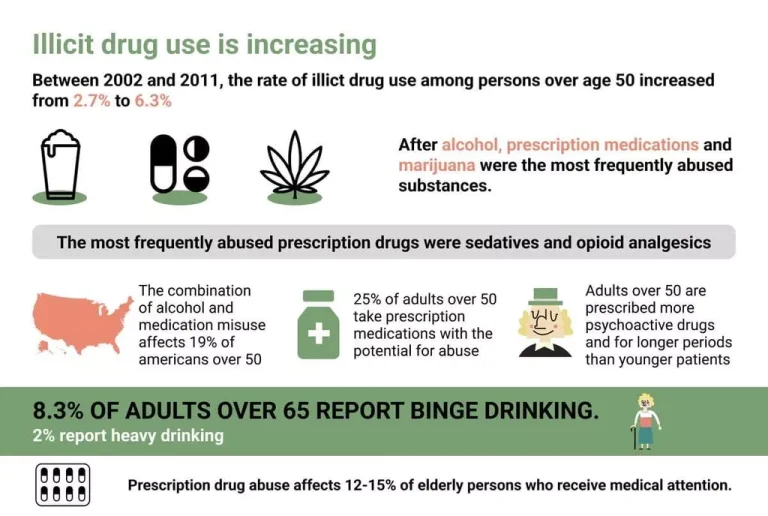
Some women felt that the CDC was being condescending and interfering in their right to make decisions about how they live their lives. Our findings must be considered in the context of several limitations. First, because of the nature of our investigation and the PRAMS dataset, there is potential for underreporting of alcohol use during pregnancy due to fear of repercussions and/or recall bias.
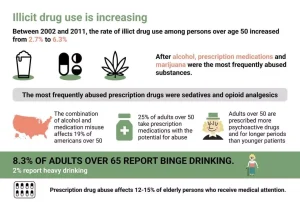
What’s the difference between fetal alcohol syndrome (FAS) and fetal alcohol spectrum disorders (FASDs)?
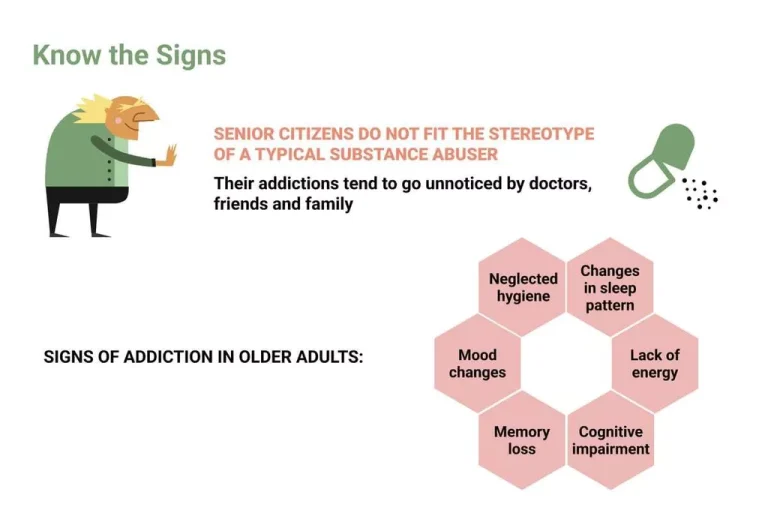
Drinking alcohol while pregnant is a leading cause of birth defects in a fetus. Alcohol is broken down more slowly in the immature body of the fetus than in the body of an adult. This can cause the alcohol levels to remain high and stay in the baby’s body longer.
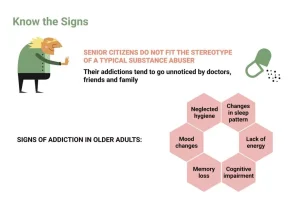
How much alcohol causes fetal alcohol syndrome?
Truly specific research around drinking alcohol in very early pregnancy is pretty tricky. That’s because it would be unethical to put together a study and actually request that any segment of the pregnant population do something (drink alcohol) known to cause harm even some of the time. Drinking during pregnancy can cause your baby to develop a serious life-long condition called fetal alcohol spectrum disorder (FASD). If you did drink any amount of alcohol during pregnancy, it’s important to know that your healthcare provider and your baby’s pediatrician need to know to help you plan for your child’s future.
Adverse Maternal Outcomes From Alcohol Consumption
They didn’t find a strong correlation between drinking early in pregnancy and an increased likelihood of these complications, so some people take this to mean it’s A-OK. But this study only looked at short-term outcomes (not long-term effects that might not show up until childhood) and not fetal alcohol syndrome disorders (FASDs). Reported that the 5-year-old children of women who drank up to one to two alcoholic drinks per week or per occasion while pregnant were not at an increased risk of behavioral or cognitive problems.
- The baby’s brain is developing throughout pregnancy and can be affected by exposure to alcohol at any time.
- Between the study period from 1990 to 2015, we examined alcohol consumption rates among pregnant women in states where each policy was implemented – these women were part of the ‘treatment’ group.
- Stopping alcohol use will improve the baby’s health and well-being.
Given the prevalence of alcohol use among women of reproductive age, there is a pressing need to enhance treatment accessibility, dismantle unwarranted alcohol during pregnancy stigma and obstacles, and implement more effective policies to prevent alcohol consumption during pregnancy. This approach could ultimately victimize rather than address the underlying issues. Our results underscore the importance of reassessing and potentially revising these policies to better address the health outcomes of mothers and children. Previous research suggests that policies targeting prenatal alcohol consumption could benefit from adopting non-punitive strategies that prioritize education, access to healthcare, and equitable treatment. This definition, as well as the data for all laws were as based on the guidelines provided by the National Institute for Alcohol Abuse and Alcoholism Alcohol Policy Information System (APIS)9, from the APIS website ().
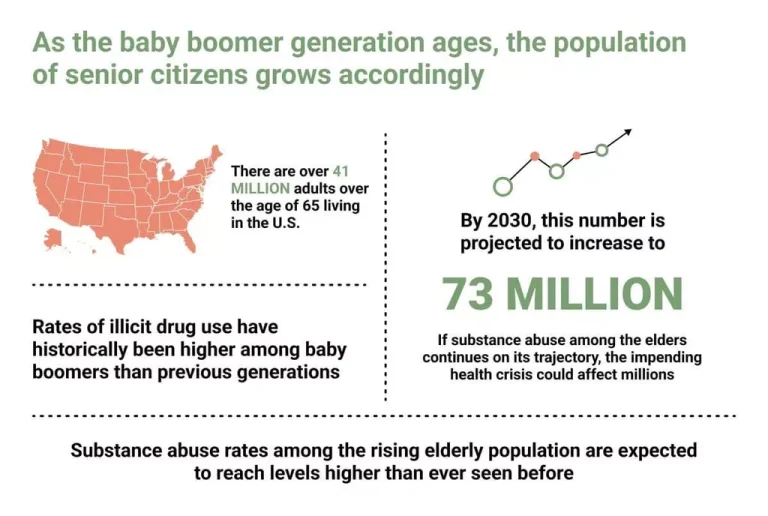
Publishing policies
In both years, approximately 14-15% of pregnant women reported consuming alcohol and 6% reported binge drinking. While we’ve long known that heavy alcohol consumption during pregnancy can cause these problems, the effects of an occasional glass of wine is less understood. Because we’re just not sure, there has been a push for women to refrain from consuming any alcohol while trying to get pregnant and during pregnancy. Alcoholics Anonymous (A.A.)Alcoholics Anonymous® is a fellowship of men and women who share their experience, strength and hope with each other that they may solve their common problem and help others to recover from alcoholism.
